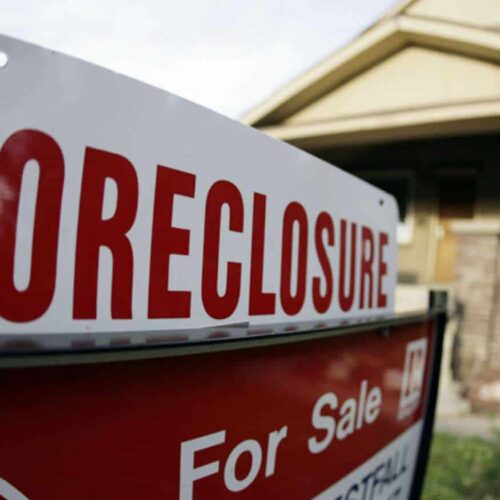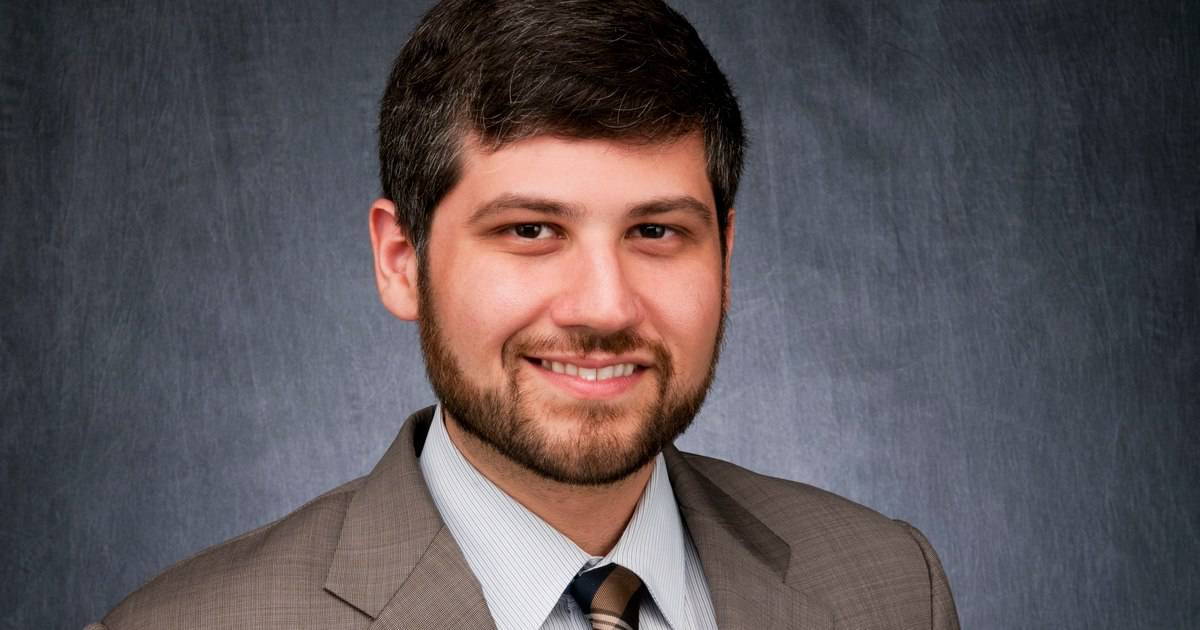Introduction
As the financial markets roil, one of the critical factors weighing down the U.S. economy is the flood of home foreclosures. Thursday’s crash underscores how difficult it will be for the economy to make significant strides while the housing market is still in tatters.
The pace of the housing market recovery may depend in part on the outcome of intense negotiations underway among state and federal authorities and the nation’s five largest mortgage servicers.
Government officials are negotiating with the firms — Bank of America, JP Morgan Chase & Co., Citigroup, Wells Fargo & Co. and Ally Financial Inc. — over allegations of widespread abuses in the foreclosure process. State attorneys general around the country have been investigating evidence that the big banks used falsified documentation to process foreclosures.
Four of the five companies under scrutiny—Bank of America, JP Morgan, Wells Fargo and Citigroup — are major donors for state and federal political campaigns. Between them, they have donated at least $8 million since the start of 2009 to candidates, party committees and other political action committees, according to an iWatch News analysis of campaign finance data.
(Ally Financial hasn’t given money during that period to campaigns under its current name or is previous name, General Motors Acceptance Corp., or GMAC).
The fate of foreclosure negotiations could go a long way toward determining where the housing market will go in the next few years.
Normally, the housing market plays a leading role in any economic recovery. But that hasn’t been the case in the aftermath of the U.S. financial crisis of 2008.
“It’s has been a negative factor in this recovery — or lack of recovery,” housing economist and consultant Michael Carliner said.
Generally, when interest rates go down, that spurs the mortgage and housing markets and helps move the economy in the right direction. But that hasn’t happened this time around, said Carliner, a former economist for the National Association of Home Builders. “We have lowest mortgage rates since the early 1950s and it’s not doing anything,” he said.
Interest rates on 30-year fixed rate mortgages averaged 4.39 percent for the week ending Aug. 4, according to a survey by mortgage giant Freddie Mac.
What’s holding back the housing market, Carliner said, is a glut of available homes for sale, due in part to overbuilding during the housing boom and to continuing foreclosure woes. An “excess inventory” of perhaps 2 million homes is making it hard for the housing market to get going again, he said.
The inventory of foreclosures continues to grow. In June, one out of every 583 housing units in the United States received a foreclosure notice, according to data provider Realty Trac. The numbers are even worse in the hardest hit markets, where housing prices climbed the fastest during the housing boom and fell the most when the housing crash came. In Nevada, one out of every 114 housing units was the subject of a foreclosure filing in June.
Investigations and negotiations over allegations of fraudulent foreclosure practices by big banks have helped slow down the foreclosure process, making it harder for the market to work through defaults and readjust, Carliner said.
He would like to see a deal between government officials and mortgage servicers that would pave the way to swifter foreclosures that would help put the foreclosure problem in the past. “If people haven’t paid their mortgages in two years, they shouldn’t be able to keep their house,” Carliner said.
Not everyone agrees.
Ira Rheingold, executive director of the National Association of Consumer Advocates, a consumer attorneys group, argues that any national settlement should be about keeping people in their homes. He wants a settlement that would require banks to reduce the amount of mortgage debt held by distressed homeowners.
Reducing their payments and overall debts would help keep them in their homes and reduce the number of foreclosures, he said. It would also provide a measure of justice, he said, for homeowners who were defrauded via bait-and-switch salesmanship, falsified documentation and other predatory tactics that were common during the mortgage frenzy of the past decade.
Rheingold acknowledges, though, that extracting large concessions from big banks will be a “tough slog.”
The banks have high-powered legal talent and lobbyists on their side, and four of the top five mortgage services have given generously to state and federal political campaigns, according to an iWatch News analysis of election data provided by the subscription-only CQMoneyLine.
- Since the start of 2009, Bank of America has donated at least $3.2 million to candidates, party committees and other PACs. Among the top recipients was Rep. Jeb Hensarling (at least $17,500), a Texas Republican who is vice chairman of the House Financial Services Committee. Another Texan Republican, Randy Neugebauer, received at least $16,000 from the financial giant. Neugebauer also serves on the Financial Services Committee, and chairs the Subcommittee on Oversight and Investigations.
- JPMorgan Chase has donated over $2.8 million to candidates, party committees and other PACs since the start of 2009. The firm has made donations to the Republican Governors Association (at least $50,000), the National Republican Senatorial Committee (at least $45,000) and the National Republican Congressional Committee (at least $45,000), the Democratic Governors Association (at least $25,000) and the Democratic Senatorial Campaign Committee (at least $15,000). The firm also donated at least $15,000 to the Blue Dog PAC, the fundraising arm of the Blue Dog Democrats who were vital to financial corporations when the Democrats controlled the House.
- Wells Fargo gave over $1 million to candidates, party committees and other PACs since the start of 2009. Wells Fargo has given at least $45,000 each to the NRCC and NRSC and at least $30,000 each to the DSCC and DCCC. It also donated at least $17,000 to Rep. Ed Royce, a California Republican who serves on the Financial Services committee. Another top recipient was Democrat Carolyn Maloney of New York, the vice chair of the Joint Economic Committee and ranking member on the financial services committee’s Subcommittee on Financial Institutions and Consumer Credit.
- Citigroup has given $850,000 to candidates, party committees and other PACs since the start of 2009. Among its top individual recipients is Democrat Gregory Meeks of New York. Meeks, who sits on the House Committee on Financial Services, has received at least $10,000 from Citi. Another is Ohio Republican Rep. Pat Tiberi (at least $15,000), a member of the powerful Ways and Means committee. Tiberi is currently the Chairman of the Subcommittee on Select Revenue, which has jurisdiction over federal tax policy







Join the conversation
Show Comments